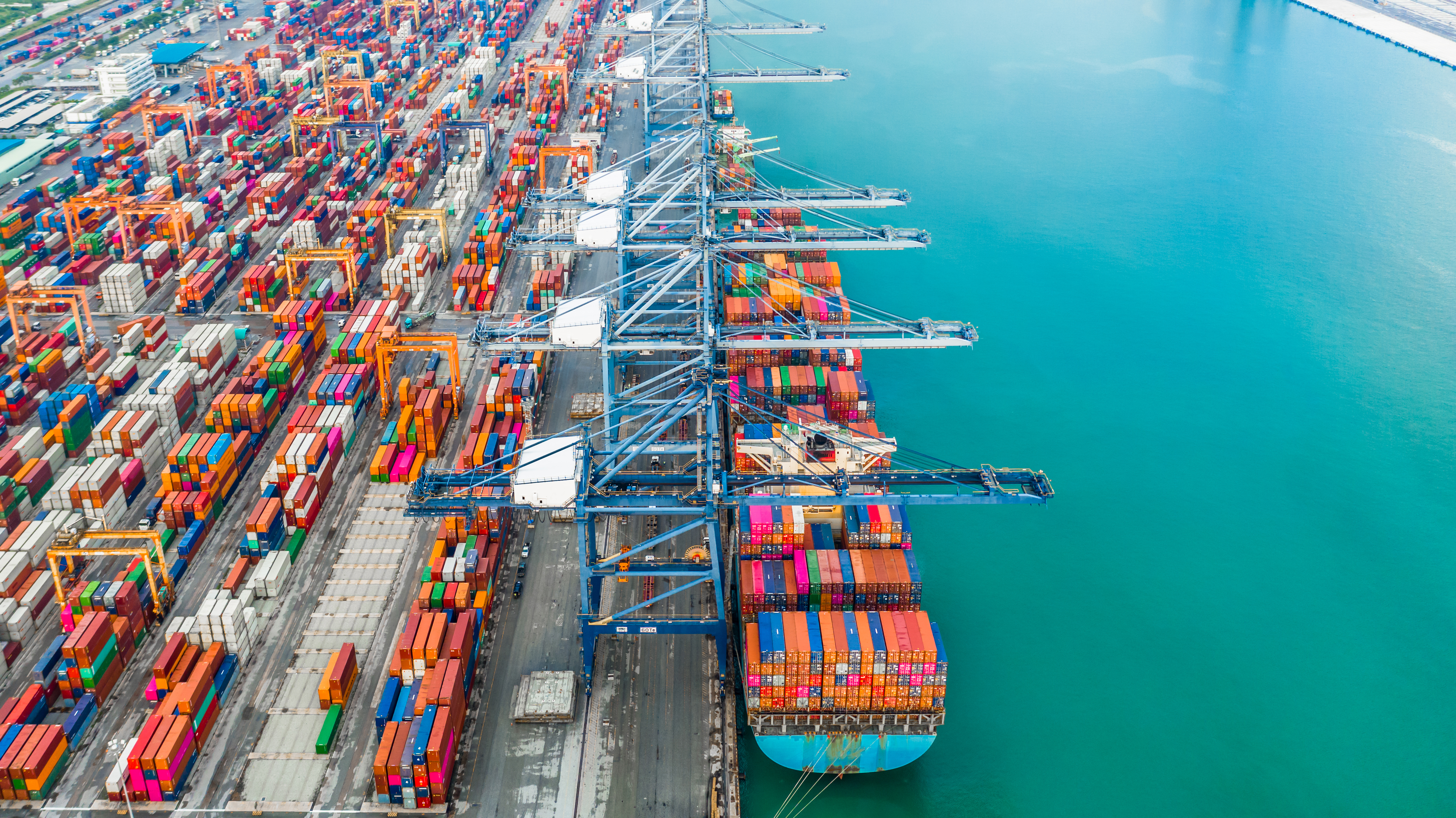A new report from UNCTAD shows that global trade continued to grow in the first half of 2025, but the outlook for the second half remains uncertain due to risks stemming from tariff policies and broader macroeconomic factors.

Trade growth in the first half of 2025 posted positive gains despite increasing trade policy uncertainties, ongoing geopolitical tensions, and a challenging global economic environment.
According to UNCTAD’s latest Global Trade Update, global trade trends have continued the gradual upward trajectory that began in the second half of 2023.
The report highlights that in recent quarters, both goods and services trade have shown consistent growth, largely driven by the strong performance of developing economies.
However, in Q1 2025, developed economies outpaced developing countries in trade growth, mainly due to a surge in U.S. imports ahead of anticipated tariff hikes and robust export activity from the European Union.
Forecasts for Q2 2025 indicate continued growth in both goods and services trade. Preliminary data shows that China’s exports remained resilient in April and May, supported by stronger intra-regional trade and increased trade with Africa. U.S. exports also rose in April. However, U.S. imports dropped sharply from the previous quarter, reflecting the impact of newly imposed tariffs and unusually high import volumes in Q1 as companies rushed to bring in goods ahead of tariff increases.
The report cautions that the resilience of trade in the second half of 2025 will largely depend on policy clarity, evolving geoeconomic developments, and the adaptability of supply chains.
On the downside, global economic growth is expected to slow in many regions, suggesting that international trade could face slower momentum. Moreover, the potential for higher U.S. tariffs — and the risk of broader trade conflicts — poses significant downside risks.
Another negative signal comes from China’s latest Purchasing Managers’ Index (PMI), which typically reflects weakening manufacturing activity and could indicate softer import demand and weaker export orders. However, the research notes that deeper regional integration may provide some support for global trade in the future.
Source: Freight News
------
ASL Logistics US - Your True Shipping Partner
.png)
Reach ASL Logistics US immediately for advice on sea freight service! Or you can contact us directly to receive detailed information:
⚓ ASL Logistics US - Your True Shipping Partner
📍 https://aslc-us.com/
☎ +156 2906 3906
✉ phong@aslc-us.com
Related services: Sea Freight, Air Freight, Customs Broker Service, Domestics Trucking, Multi-modal Transportation, Warehousing Services, Shipping and Logistics Services to The U.S,

.jpg)

.png )